Industry urges Government on rural decarbonisation strategy as customer cost concerns grow
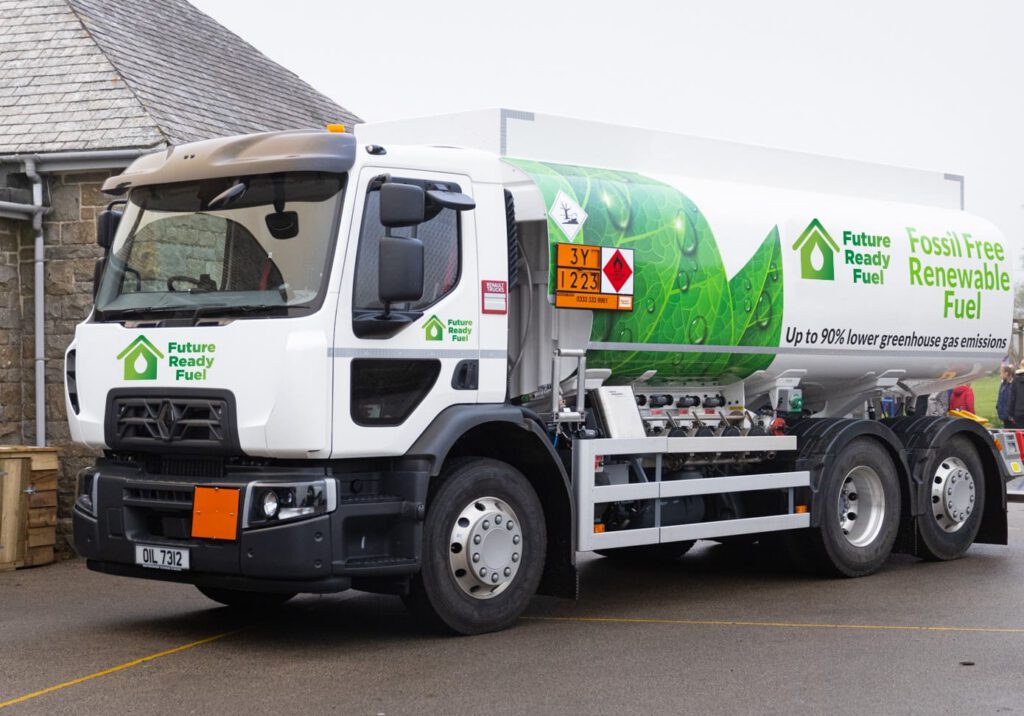
Ahead of publication of the government’s long-awaited Warm Homes Plan, the liquid fuel heating industry has called for the adoption of five key recommendations that will ensure a successful transition for the complex rural off-gas grid sector. As a new survey of off-gas grid consumers reveals increasing concerns over the cost of transitioning to low carbon heating, the government is being urged to set out a clear road map for decarbonising rural households, The survey of 1,364 households that use oil heating, conducted by trade associations OFTEC and UKIFDA, revealed 60% of respondents are more worried about the costs of switching to low carbon heating systems than they were three years ago. The results have been shared ahead of the government’s expected publication of its Warm Homes Plan which will outline Labour’s policy programme to deliver the UK’s net zero targets. There are an estimated 1.7 million oil households in the UK who could be affected. The survey also revealed: Trade associations OFTEC and UKIFDA have written to Miatta Fahnbulleh, the minister responsible for the Warm Homes Plan, outlining five key recommendations to successfully deliver off-grid decarbonisation for rural homes as part of its strategy. Industry’s 5 recommendations Successful decarbonisation strategy Paul Rose, CEO of OFTEC, and Ken Cronin, CEO of UKIFDA, said: “Decarbonising the UK’s 1.7 million oil heated homes is a complex challenge as they face unique barriers due to their age, construction and rural location. Government policy must therefore focus on desired outcomes rather than mandating a single technology, such as electrification, which in many cases isn’t practical or affordable. Not to mention the significant shortage of installers. “A genuine technology neutral strategy would give households real choice and unlock a wider mix of cost effective and practical low carbon options. This includes renewable liquid fuels which have already been successfully demonstrated in around 150 off-grid buildings. “Whilst we all share the ambition to drive down our carbon emissions, in this even more challenging economic environment post April, both the government and households need to pull every lever and focus on affordable and practical low carbon solutions. Many rural businesses also rely on oil heating and would benefit from a wider choice of options. “We will continue to work positively with the government and wider industry to deliver successful decarbonisation across the off-grid sector.” Image provided by OFTEC.
Collaboration in Ireland
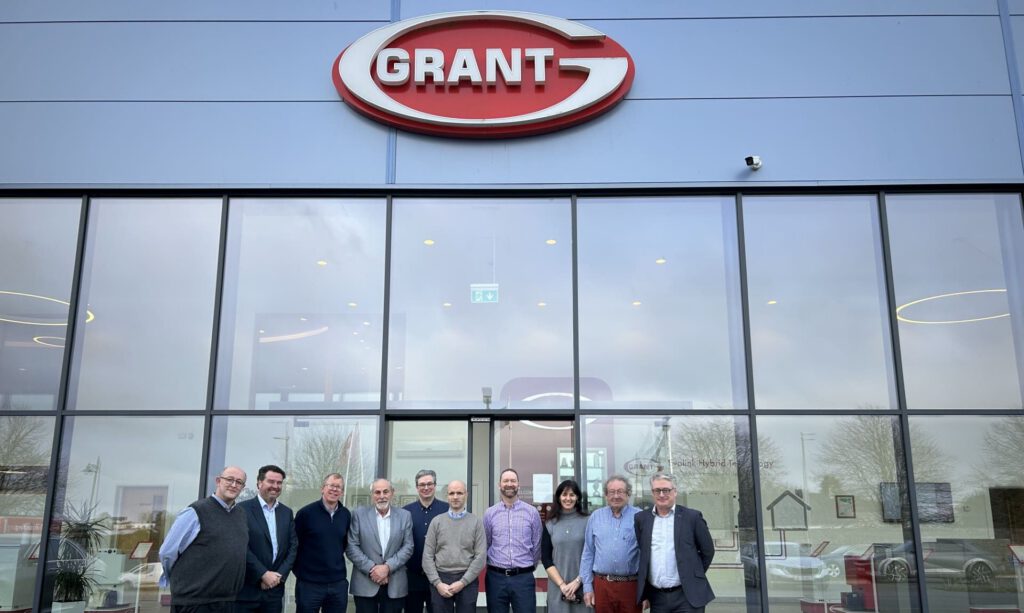
TAZCH makes progress in Ireland.
UK Electrification of Heat Demonstration Project – a stepping stone towards heat pump roll-out?
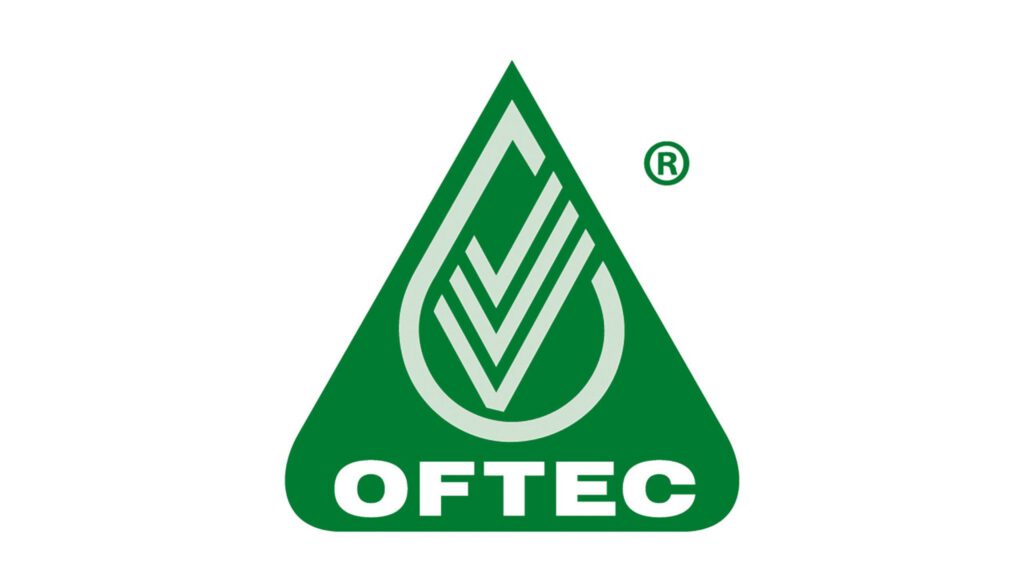
New data shows that oil heating customers need more decarbonisation choices.
Government to review plans to decarbonise off-grid heating following judicial review
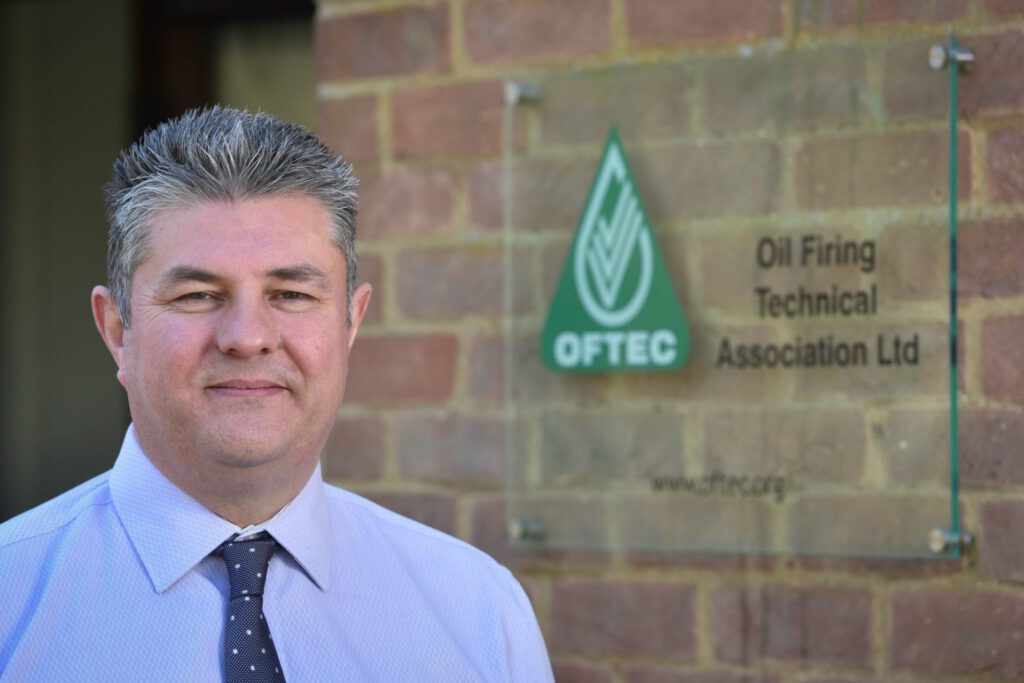
Important role for HVO.
Future Ready Fuel update
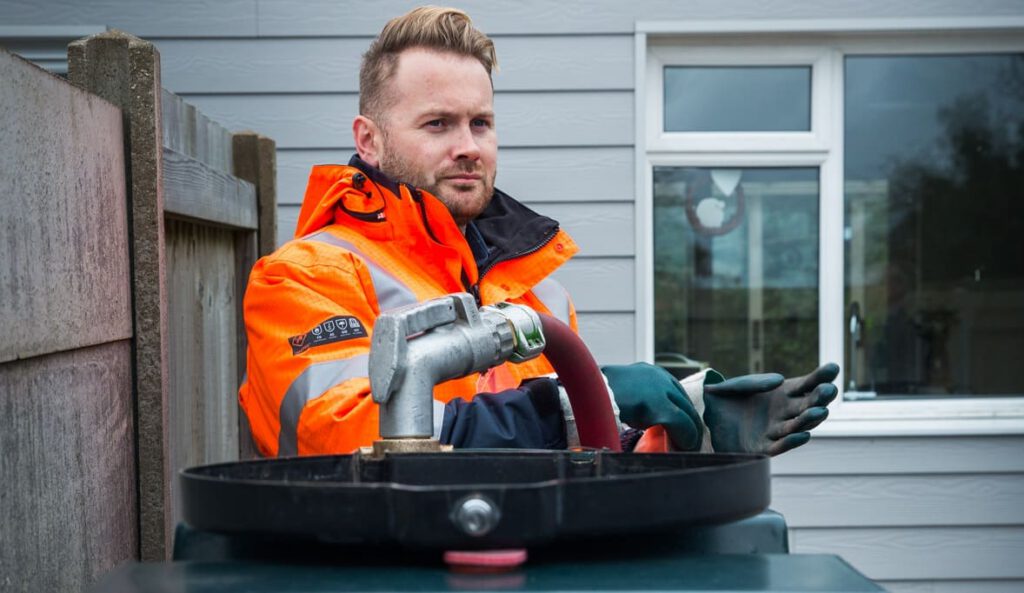
Our winter update on the Future Ready Fuel campaign.
Biofuel recognition is ‘a vital step forward’
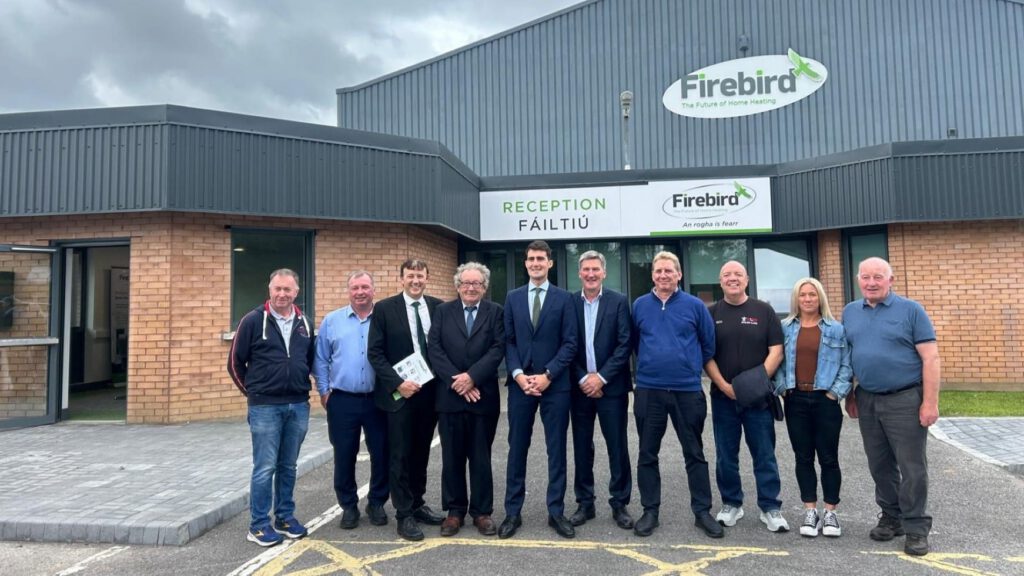
Government minister visits Firebird to discuss biofuels.
Labour urged to keep promises made to rural households on Energy Act anniversary
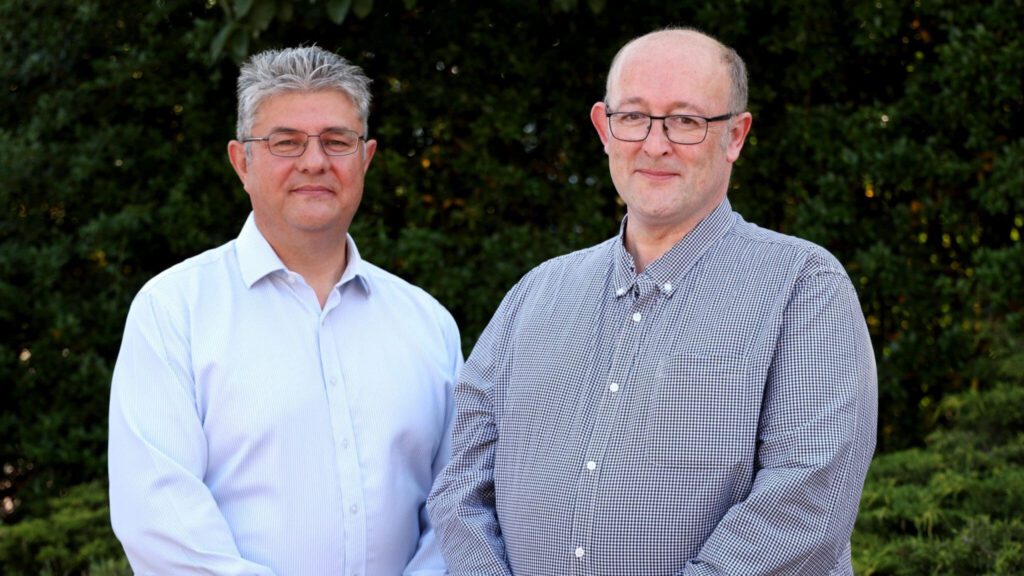
OFTEC and UKIFDA are calling on the new Government to keep its commitment to off-grid households
Industry bodies launch up-to-date winter advice for heating oil users
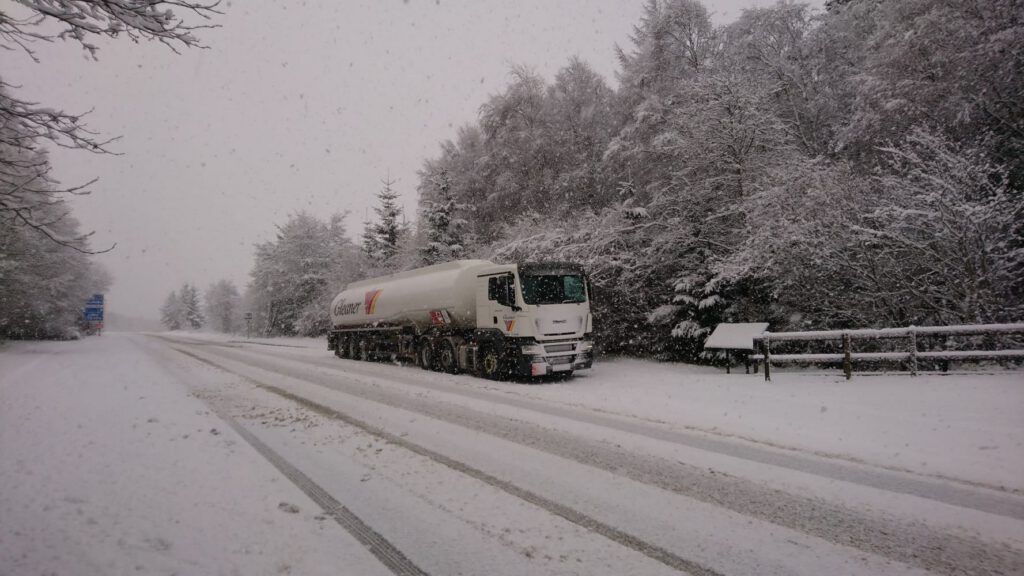
OFTEC urges oil users to get services booked in.
Is there hope for optimism and a role for sustainable biofuels in the Republic?
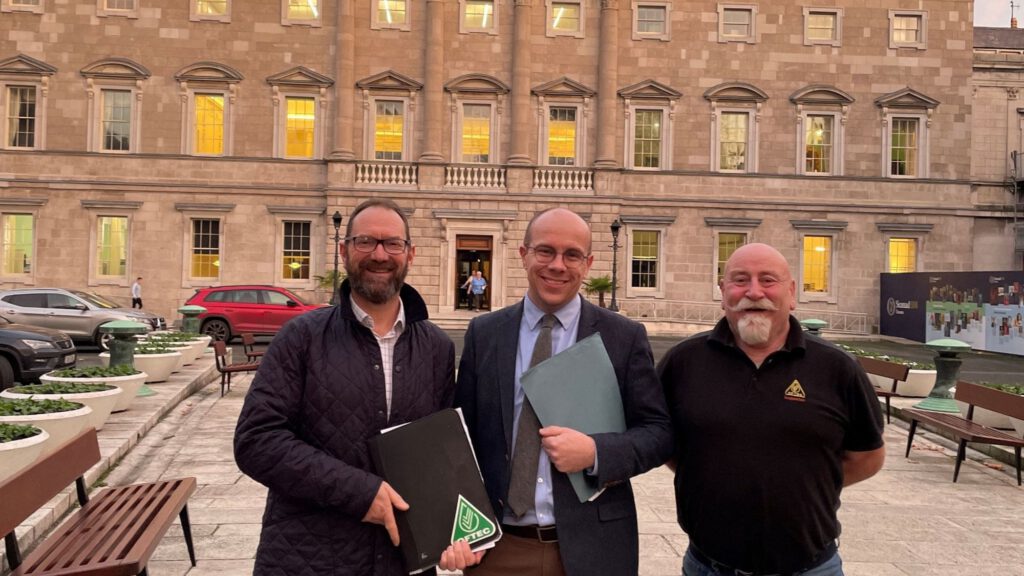
It has been an interesting spring and summer. The local elections in the Republic have come and gone with several surprises; both Green MEPs failed to win re-election and the Green Party Leader, Eamon Ryan TD, stood down. Then, a month later, his chief adviser, Paul Kenny moved to start a post with the European Heat Pump Association in Brussels. In early July, consultants, Ricardo held a virtual workshop on the proposed ‘Renewable Heat Obligation’ which the Department of the Environment, Climate and Communications (DECC) says will be introduced this year. In early proposals, a blend rate of 2% was discussed which we, as a sector totally opposed as insignificant and informed DECC that a blend rate of at least 20% was required to make any considerable progress on decarbonisation in residential homes. Good news The good news was two-fold; Ricardo presented blend scenarios at both 10% and 20% and the local consultants who are partnering the project, Byrne Ó Cléirigh, indicated that they believed that there was more than enough biofuel (HVO) to blend into Irish heating solutions. This is good news indeed, as this has always been a sticking point with civil servants and ministers, and we can now use their own consultants information for our benefit. We did so at a recent meeting with Darren O’Rourke TD who is Sinn Féin’s Energy Spokesperson. He understands our position, and has indicated that the party’s position on future heating will be to promote ‘mixed technology’ which is all we have ever wanted. As the Alliance for Zero Carbon Heating (TAZCH) – an alliance between OFTEC, UKIFDA and FFI – we are currently signing off on a new white paper to promote sustainable and renewable biofuels for heating to the elected members, ahead of an election later this year in the Republic. By the time this article appears, we will have met with all the main parties and hope to have biofuels firmly on their manifestos ahead of the election. While the tide is turning, and there is hope for optimism, there are still several hoops to jump through before government introduces a blended heating requirement into legislation. We need an agreed fuel specification, and discussion is already underway with BSI to amend BS2869. We also need clarity on how the scheme will work, and if certificates in the renewable heating obligation will be interchangeable with the Road Transport Fuel Obligation. We also want to know where the blending will be done and how this can sit alongside dual-purpose kerosene (DPK), as only one product is brought into Ireland for use in heating and aviation. While there are still a few barriers to overcome, the direction of travel is extremely positive, and the future looks incredibly green… for biofuels! Image credit: David Blevings, OFTEC
Future Ready Fuel campaign update
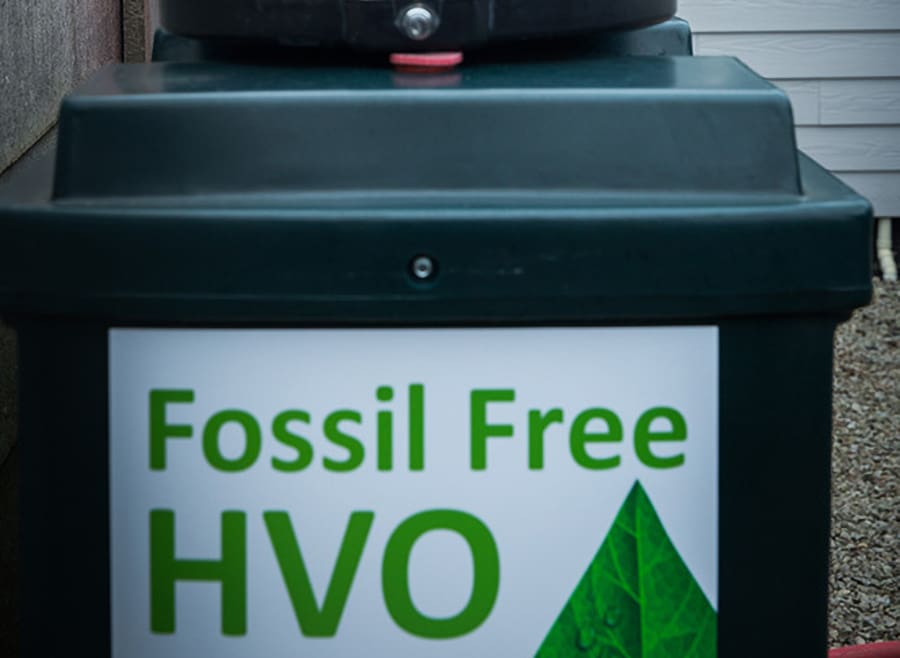
This year marks a new phase in our work to secure the long-term future for liquid fuel heating.
HVO demonstration project provides pathway for decarbonisation of oil heating
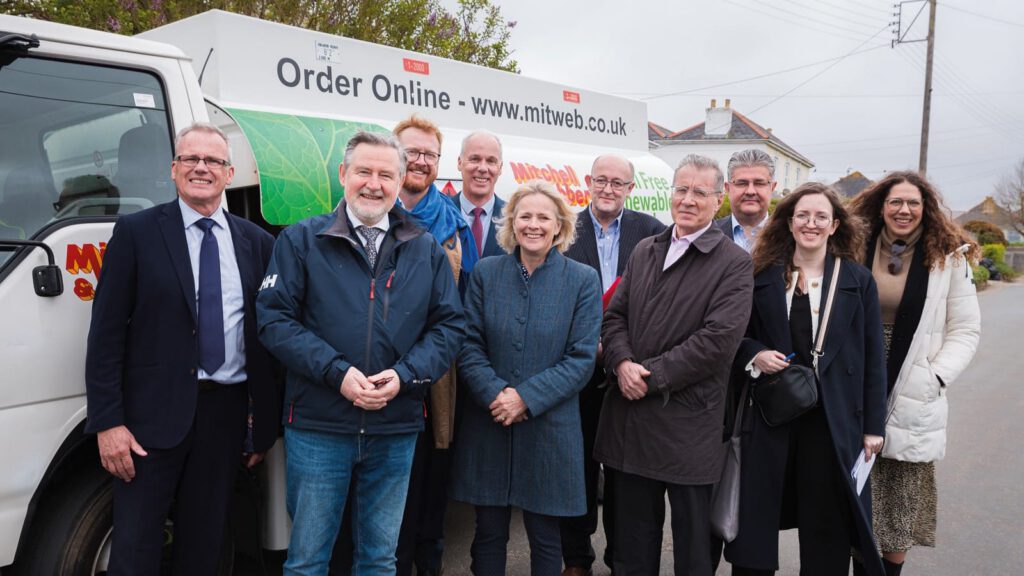
OFTEC and UKIFDA are confident that their demonstration project has made a conclusive case for the use of HVO in heating.
OFTEC announces 2024 conference on renewable liquid fuels
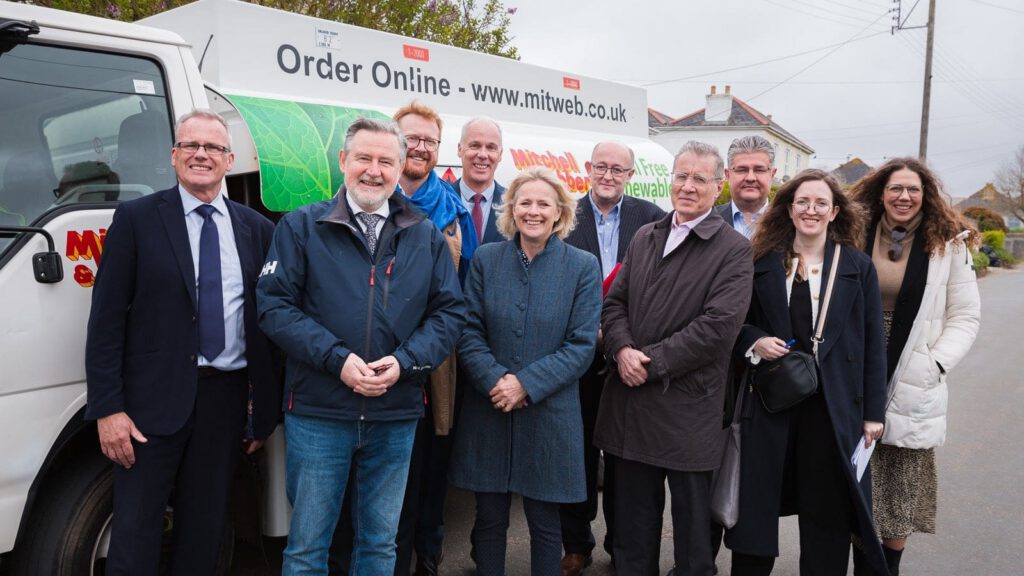
OFTEC has launched its 2024 conference – the last before the UK general election.
Autumn Statement is ideal time to correct HVO duty disparity
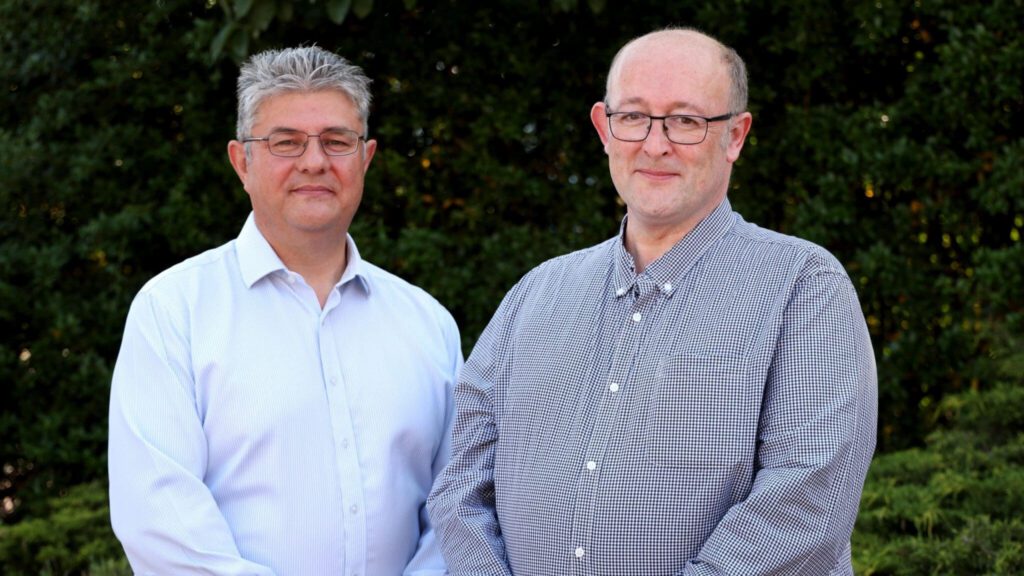
Call for Chancellor to correct duty disparity between renewable liquid fuels and fossil fuels in Autumn Statement.
OFTEC issues guidance over household heating cutback concerns

New winter heating guidance issued by OFTEC in response to concern households are putting health at risk.
OFTEC promotes value of technicians with winter campaign launch
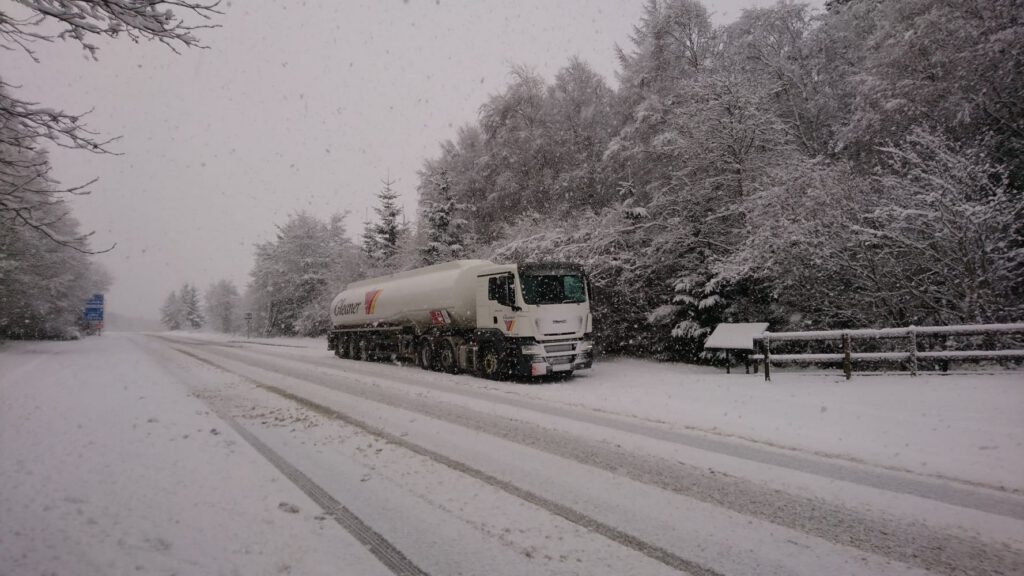
OFTEC and UKIFDA have launched their Be Winter Wise campaign.
